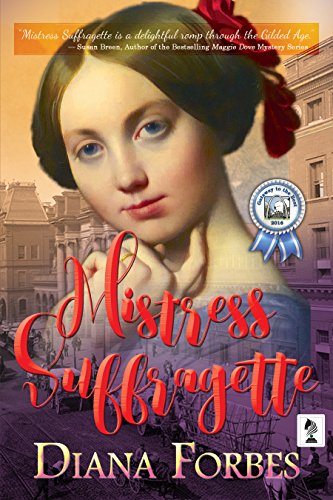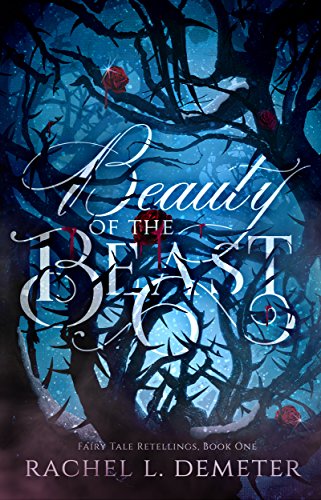Synopsis:
If you are craving a good courtesan story in the tradition of Fanny Hill and Moll Flanders, Mistress Suffragette
is just what you are looking for. Personally, I am a little weary of
novels featuring heroines who stomp their feet and claim that they will
"not be treated like property" and demand to be "respected" and talk
about "dignity". It seems like some authors put their own 21st century
thoughts into the heads of 19th century women. It's a form of wishful
thinking and projection. Newsflash: not every woman objects to being
objectified or treated like property. I know we are not supposed to talk
about it, but it's true. Penelope Stanton, the heroine of "Mistress
Suffragette" - almost an oxymoron title - is someone who looks at her
family's financial predicament without needless pathos. She does throw a
temporary pity-party after her father loses his fortune and her
fiance/cousin breaks the engagement, but she also recognizes the
opportunities for social advancement - and sexual gratification - that
life throws her way. The novel explores the benefits and perils of the
mistress position. The fact is that mistresses of influential men had a
lot more latitude and mobility than official wives. But what happens if
you fall out of favor with your benefactor? The novel is original and
refreshing because it highlights the market crash of the 1890s, a topic
that is not frequently explored in literature. It is also refreshing
that the novel is not set primarily in New York. This is not an Edith
Wharton knock-off.
My thoughts:
A young woman without prospects at a ball in Gilded Age Newport, Rhode
Island is a target for a certain kind of “suitor.” At the Memorial Day
Ball during the Panic of 1893, impoverished but feisty Penelope Stanton
draws the unwanted advances of a villainous millionaire banker who preys
on distressed women—the incorrigible Edgar Daggers. Over a series of
encounters, he promises Penelope the financial security she craves, but
at what cost? Skilled in the art of flirtation, Edgar is not without his
charms, and Penelope is attracted to him against her better judgment.
Initially, as Penelope grows into her own in the burgeoning early
Women’s Suffrage Movement, Edgar exerts pressure, promising to use his
power and access to help her advance. But can he be trusted, or are his
words part of an elaborate mind game played between him and his wife?
During a glittering age where a woman’s reputation is her most valuable
possession, Penelope must decide whether to compromise her principles
for love, lust, and the allure of an easier life.
Saturday, April 22, 2017
Monday, April 3, 2017
Beauty & the Beast - a tale rescued from the clutches of Disney
Rachel L. Demeter's Beauty and the Beast was one novel I anticipated. I knew she was going to strip the unnecessary coatings of sugar that Disney and Hollywood persistently put on the classic tale. I applaud the author for not shying away from killing innocent children or having her heroines survive sexual assaults. A superhero is not going to show up last minute and rescue the victimized party. I really don't understand people who read fairy tales to "escape" and complain about having their G-rate expectations shattered. People who are that triggered and that disturbed by violence should read Hallmark cards. At least you know there will be no unpleasant surprises. Like it or not, but infant death and violence against women were elements of reality. Classic fairy tales reflected that reality - before the politically correct producers got hold of them. If you ask any psychologist or any expert in European folklore, and they'll tell you that the story of Beauty and the Beast centers around the Stockholm syndrome. The Beast's inner humanity does not become apparent right away. You need to spend some time in closed quarters with the monster before you start seeing the Man in him.
I really loved how the author developed the back story for her Beauty. The wicked stepsisters are actually orphaned and younger than her, which gives them some grievance leverage. The two teenage girls have to band together to capitalize on their stepfather's physical vulnerability. They know his end is near, so they try to milk him financially while they can. It's an interesting insight into female and sibling psychology. There should be a separate spinoff novel about the wicked stepsisters. They are not just stock characters. Their predicament makes them borderline sympathetic, because you know where they are coming from.
Because this novel violates so many traditional romance taboos, it's not a romance. Rather, it's romantic grind house.
Subscribe to:
Posts (Atom)

